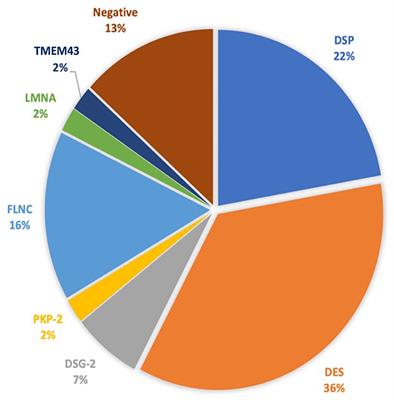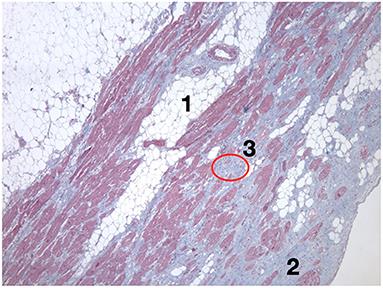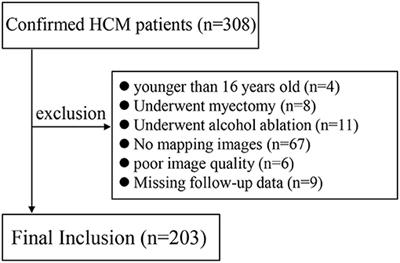EDITORIAL
Published on 08 Mar 2022
Editorial: Comprehensive Risk Prediction in Cardiomyopathies: New Genetic and Imaging Markers of Risk
doi 10.3389/fcvm.2022.849882
- 699 views
9,410
Total downloads
36k
Total views and downloads
You will be redirected to our submission process.
EDITORIAL
Published on 08 Mar 2022
ORIGINAL RESEARCH
Published on 17 Dec 2021

REVIEW
Published on 07 Dec 2021

ORIGINAL RESEARCH
Published on 15 Nov 2021

SYSTEMATIC REVIEW
Published on 18 Oct 2021

REVIEW
Published on 14 Sep 2021

REVIEW
Published on 17 Aug 2021

ORIGINAL RESEARCH
Published on 30 Jul 2021

ORIGINAL RESEARCH
Published on 08 Jun 2021

ORIGINAL RESEARCH
Published on 07 May 2021

